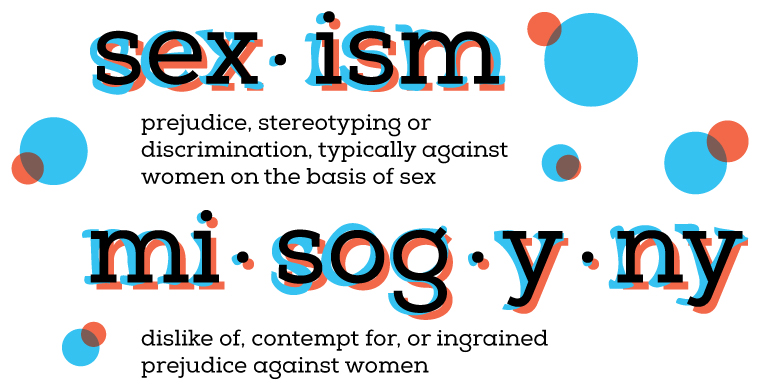Ombuds Office ready to help with grade disputes
As the quarter comes to an end and grades are released, the Ombuds Office will begin seeing more students come through its doors who have grievances.
“No issue is too small for this office,” said director John Wanjala. “If you feel you are going in circles, then please drop in to this office.”
The Ombuds Office serves as an impartial, confidential and objective means of attempting to resolve any form of complaint that staff, faculty or students may have with university-related issues. Since confidentiality is paramount to its mission, all paperwork is destroyed once an issue has been resolved.
The office has seen a drastic increase in patronage this year. Last year, through November, roughly 450 people utilized its services. This year, however, almost 3,000 visitors have already passed through its doors.
“We want people to come in and tell us what is or isn’t working,” Wanjala said. “If it means suggesting a policy change, then I mention it to the president in our meeting at the end of each term.”
A common complaint that has surfaced many times this year is about the unavailability of computers in labs due to students using them for pleasure rather than schoolwork. The office is currently working with lab attendants to find a way to prevent the misuse of computers.
“When people come in here, we develop a number of options for them before referring them elsewhere,” Wanjala said. “We advocate for fairness, we do not advocate for individual needs.”
The university made the service available in 1993 on the basis of advocacy for fairness and named Wanjala as the ombudsman.
The process for grade disputes, however, does not begin at the Ombuds Office. As a first step, students need to meet with their teachers. If not pleased with the results, they then need to see the department chairperson. If still unsatisfied, the Ombuds Office will then meet with the faculty members to find the most equitable solution.
The final step in the grade dispute process is an appeal. The appeals board is made up of faculty members and students who meet every Wednesday to decide on appeals made during the prior week.
It is not required for names to be given when lodging a complaint. The philosophy is that if patrons of the office feel comfortable and secure in voicing their dilemmas, then the chances are higher that issues needing attention will be raised. One student recently used the office just to vent and, after going through a box of Kleenex, left feeling better.
The office is also a place to go if two or more people are having a conflict and need an impartial party to intervene and mediate.
“If they want mediation, we can do that,” Wanjala said. “If they want us to do nothing at all, we can do that. Sometimes they just want to get something off their chest.”
Wanjala stresses if a person wants to bring up an issue but remain anonymous, then that is how it will happen, with no exceptions.
The office normally sees a higher number of students the week after a term ends. Students who feel they deserve better grades or want to have withdrawal marks removed from their transcripts solicit assistance from Wanjala and his assistant, Sandy McDermott, who has worked there for three years.
Before Wanjala assumed the ombuds position, he served as chief of Portland State’s Campus Public Safety office from 1971 to 1993, at which time John Fowler, who resigned this year, replaced him.
He holds a master’s degree in social work from Portland State and has 22 years of experience working with university policies and legal systems, giving him the ability to find fair and appropriate solutions for grievances that range from transcript disputes to complaints of poor communication between students and faculty.
The Ombuds Office will maintain normal working hours through the break between fall and winter terms, which are 8 a.m. to 5 p.m., Monday through Friday. It is located in Cramer Hall, Room 169, and can be reached at 503-725-5901.





Hello,
I am currently processing through the channels of an academic appeal regarding my term grade. This was my last available term to complete the graduation requirements without reapplying. Will I have to reapply to graduate if a conclusion is not reached by the transcript deadline for grades on September 12, 2016? If they find in favor of my appeal would the application fee for graduation, then be waived?
How long should I allow the Department Associate Chair to make a decision? How long should I allow for the DOSL to process my appeal?
I did not find a guideline in the academic appeals area that specifies or defines “prejudiced” or “discrimination”, would you please help me access this information?
I appreciate your time and assistance in obtaining answers to my inquiries.